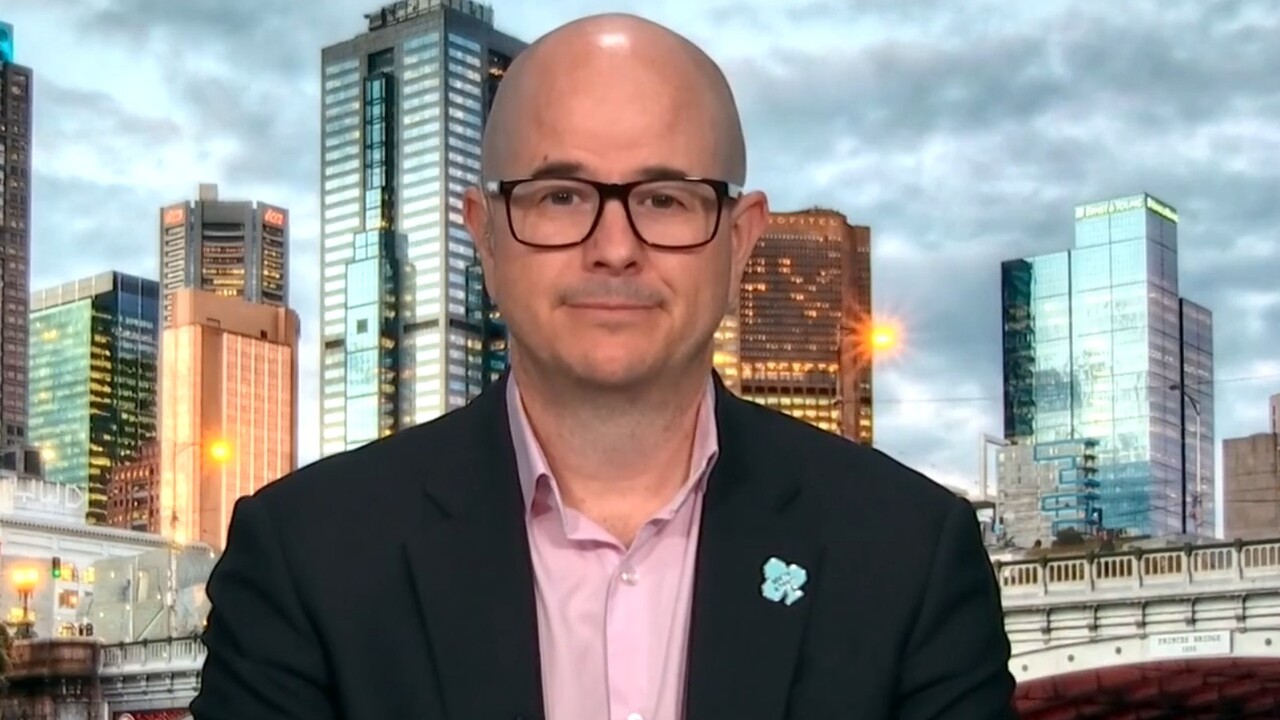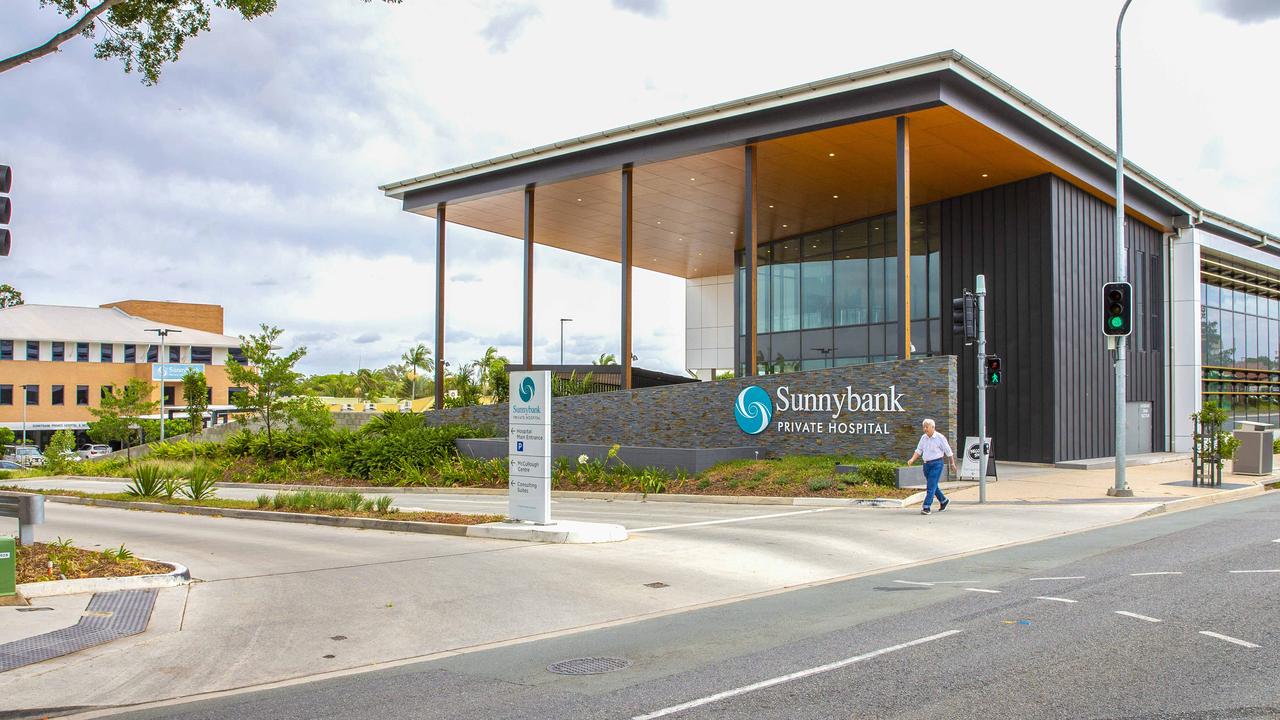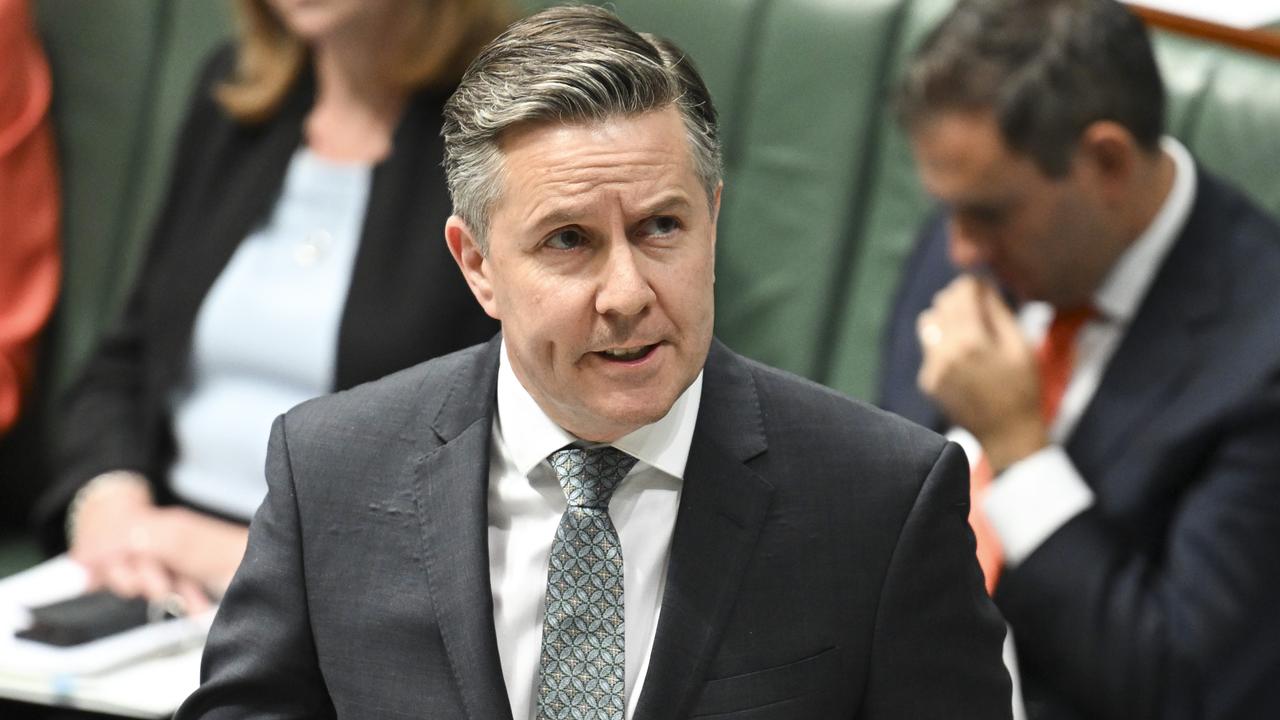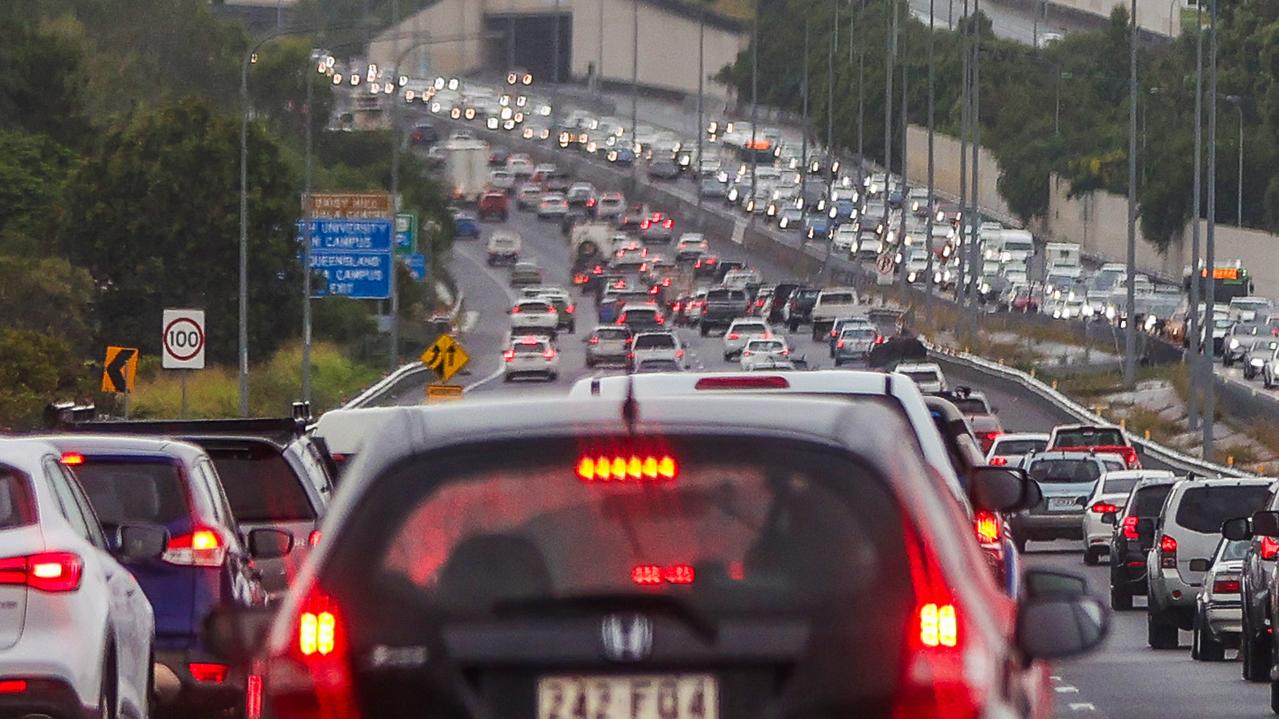Patients to pay for war Healthscope and Qld private hospitals
Hundreds of thousands of Queenslanders are staring down the barrel of higher costs and major impacts to vital treatments as they get tangled up in the war between insurers and a heavyweight private hospital firm.

QLD News
Don't miss out on the headlines from QLD News. Followed categories will be added to My News.
Queenslanders will be out of pocket thousands of dollars and face delayed surgeries at five of the state’s top private hospitals, as patients are caught up in a war between health insurers and a heavyweight private hospital firm.
Some 6.5 million patients from across the nation are set to be impacted after the country’s second-largest private hospital operator, Healthscope, decided to cut ties with private health insurers Bupa and the many funds offered under the Australian Health Services Alliance.
American-owned Healthscope owns the Brisbane Private Hospital, Gold Coast Private Hospital, Peninsula Private Hospital, Pine Rivers Private Hospital and Sunnybank Private Hospital.
It is demanding Bupa and AHSA pay a fee to make private hospitals more viable, which both insurers have refused.

The terminations will come into effect from February 20 for Bupa and from March 4 for the Australian Health Services Alliance funds, which includes Australian Unity, GMHBA, Health Partners, Westfund and HIF, midwives, police, teachers and emergency services funds.
Patients are being told to reschedule surgeries at different hospitals, with the only exceptions being for those getting chemotherapy, expectant mothers booked in for deliveries or those who have ongoing treatment that has already started.
The move has sparked fears it could be the beginning of the collapse of the private hospital sector and the Australian Medical Association is calling for the Albanese government to create an independent watchdog to resolve the disputes.
Advocacy group Australian Patients Association spokesman David Clarke said Australia has lost “control over the healthcare system”.
Federal Health Minister Mark Butler said Australians had been put “in an invidious position” by two major players in the health industry.
Mr Butler told both sides to “get back to the table and fix this thing” but said it was not the job of the government to play referee.
“I completely understand a sense of shock and a sense of frustration from people who have put their hard-earned money into a system that, frankly, serves the interests of some very big commercial operators, often owned by entities from overseas,” he said.

With maternity units at Queensland Healthscope hospitals, the president of the National Association of Specialist Obstetricians and Gynaecologists Gino Pecoraro said the federal government must intervene to protect the viability and future of private hospitals.
“This is a hot federal election issue. Health care is vital and if the Albanese government isn’t prepared to step up then perhaps the opposition will,” Professor Pecoraro said.
Healthscope boss Greg Horan said Bupa and the AHSA’s refusal to sustainably fund hospitals meant Healthscope was left with no option but to issue the termination notices.
“We were proposing a hospital facility fee following Bupa’s and the AHSA’s failure to recognise and fairly fund the rising cost of care. In the absence of fair funding, this fee was Healthscope’s best option,” Mr Horan said. “The response from the insurers was lawfare, and we are not prepared to engage in protracted and expensive legal challenges. In order for us to remain viable, we are left with no choice but to terminate the contracts.”
Rachel David, chief executive of Private Healthcare Australia, the peak body for health funds, told The Courier-Mail there “is no room for the aggressive tearing up of contracts and the Americanisation of the health system in Australia that leaves patients in the lurch and forced to pay out extra costs for their care”.
“The health funds will still need to pay for a percentage of the costs of care but the hospitals will then bill the patient to top up the costs and that can be a lot of money,” Ms David said.
“I hope that this rare event will be confined to Healthscope, a North American company that does not understand the health system in Australia.”
But chief executive of the Australian Private Hospitals Association Brett Heffernan said he believed the Healthscope move was a sign of things to come.
“For more than a year, private hospitals have been raising viability issues with the federal government. Many have taken the unprecedented measure of opening their books for federal government scrutiny, laying bare the parlous state of hospitals as a result of being underfunded by health insurance companies,” Mr Heffernan said.
Queensland Health Minister Tim Nicholls said it was a national issue for Healthscope and is a federal government policy failure.
“They have been aware of the full extent of the private hospital crisis through the private hospital financial health check and have so far taken no action,” he said.



